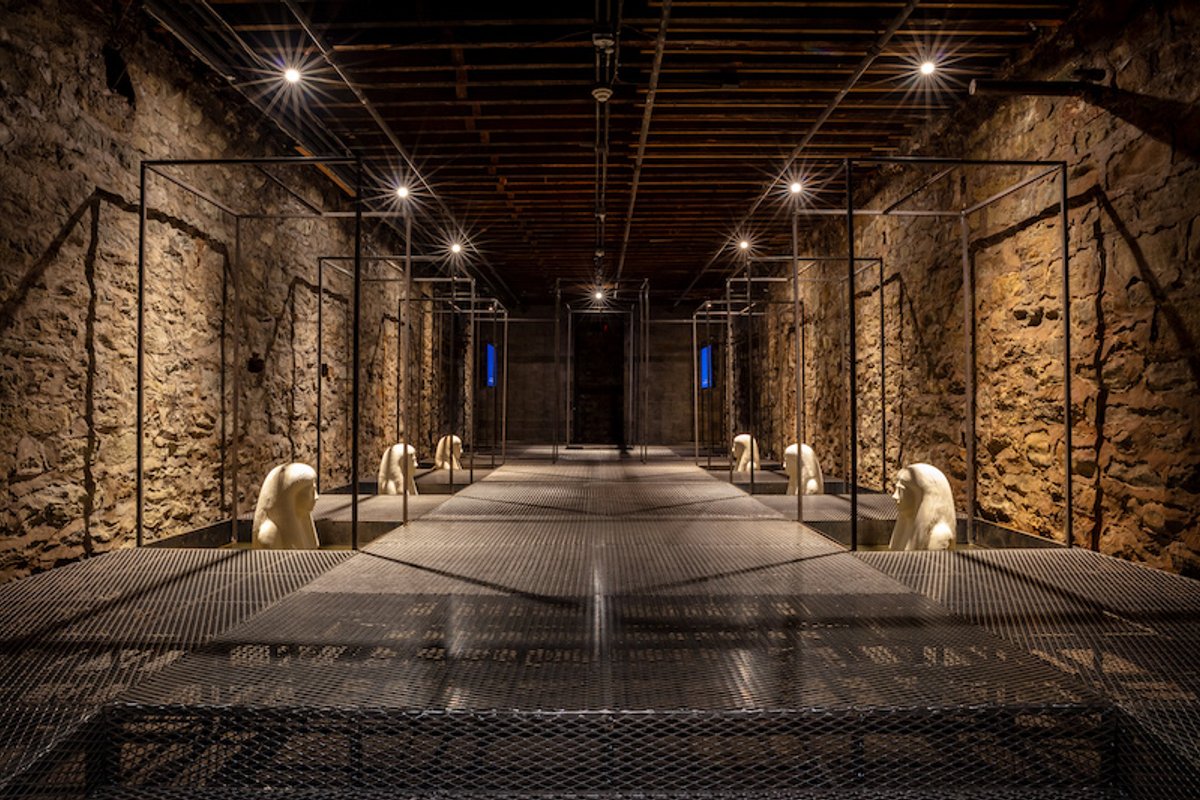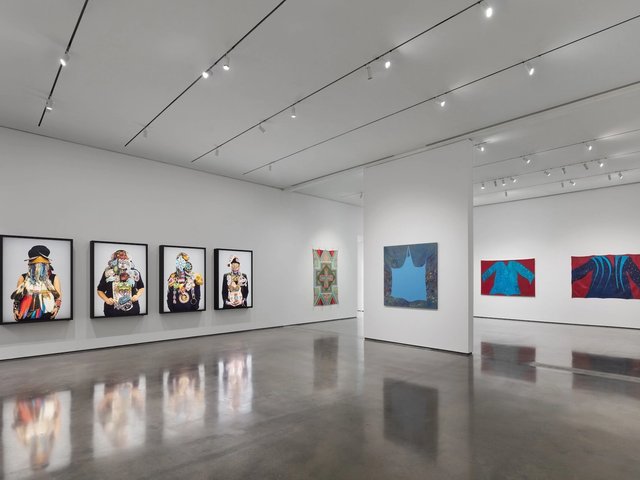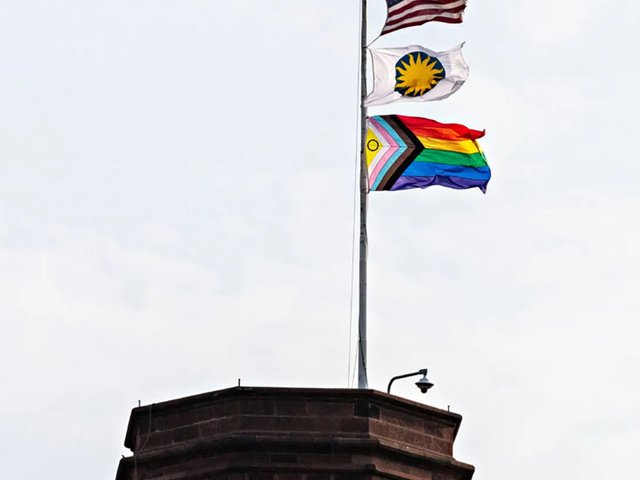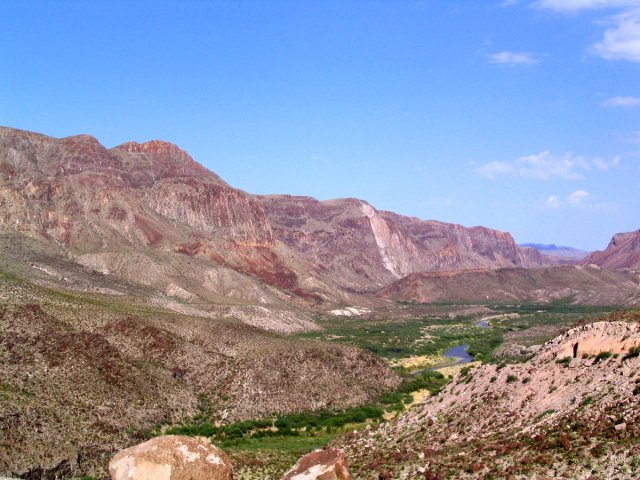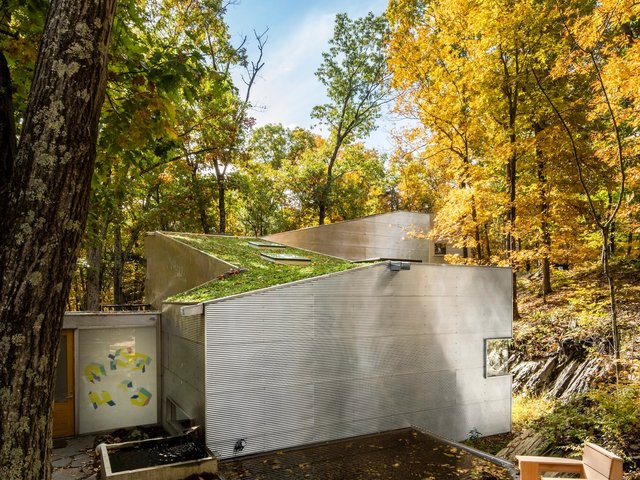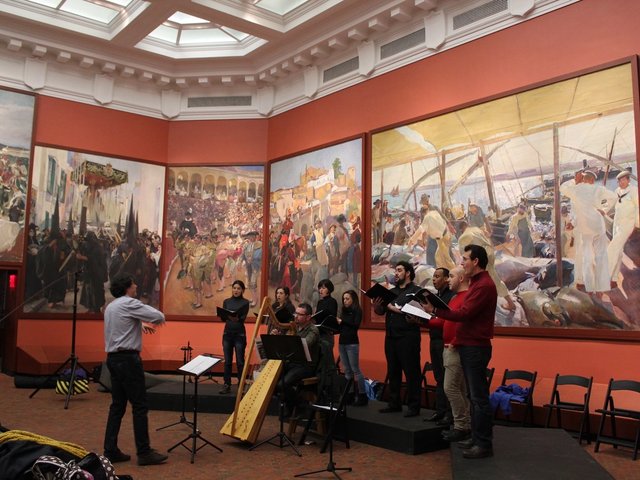The Teiger Foundation, a US-based non-profit devoted to supporting art curators, has revealed its 2025 grantees—providing a total of $7m to 85 curators at institutions across the country. These numbers nearly double last year’s grants, as the organisation prepares to move into a biennial model (the next grant application deadline will be in January 2027). Individual grants range between $50,000 and $150,000 for exhibitions, research, touring shows and support for three years of programming.
While 2024’s grants largely focused on projects related to decolonisation and the environmental crisis, many grantees in this year’s cycle work at smaller institutions or in more far-flung locations. For example, the curators Ryan N. Dennis, Annalise Flynn and Yaphet Smith of the Arts Foundation of Kosciusko will receive a grant to organise the first major survey devoted to the late artist L.V. Hull. The show will take place concurrently at the Mississippi Museum of Art in Jackson and at the artist’s former home in Kosciusko, which was added to the National Register of Historic Places last year.
“Small organisations are so important in their respective communities,” Larissa Harris, the Teiger Foundation’s executive director, tells The Art Newspaper, “and also in terms of experimentation and having big ambitions.”
She adds that the foundation has temporarily paused the selection process for its Climate Action for Curators initiative, as it is developing a way to “integrate resilience and emergency planning into the programme, alongside reducing emissions and waste”. Harris notes that in response to the increasing impact of climate change, applicants and grantees across the US have expressed interest in “serving their communities in times of disaster”. She adds that the Teiger Foundation continues to work with Alexa Steiner of Rute Collaborative, as well as with other experts in the field, to make sure that its initiative responds to institutions‘ changing needs.
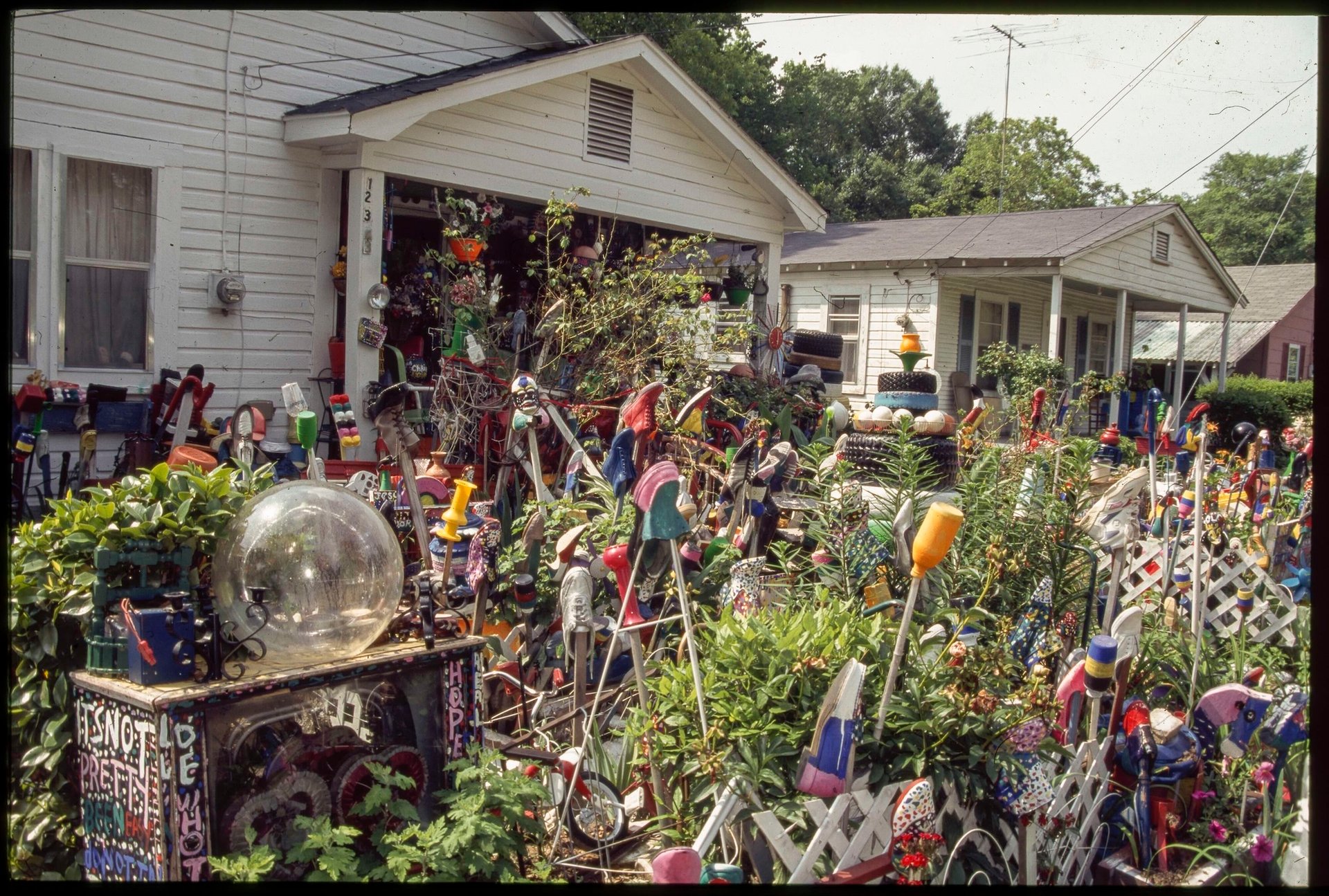
L.V. Hull’s continually evolving art environment, created from found objects she adorned and carefully placed in her yard Photo: Bill Arnett, 1997
While the foundation moves most of its grants to a biennial schedule, it is expanding its Hosting grants, which support travelling exhibitions, to a quarterly cycle. “We’re the only foundation that offers funds for travelling shows,” Harris says. “It’s a great opportunity for curators to work together, it’s more sustainable and it lightens the load for everyone involved.” She adds that, with the new quarterly schedule, “applicants will now hear back from us in four months maximum, so they can make quicker decisions, align their calendars and take advantage of opportunities they wouldn’t have been able to take advantage of before”.
Recipients of Hosting grants for this cycle include Malik Gaines and Tim Griffin (of The Industry, Los Angeles), who will host a multimedia opera by the artist Sable Elyse Smith, originally commissioned by New York’s Museum of Modern Art; Georgia Erger (Frye Art Museum, Seattle), for an exhibition of Indigenous abstraction, curated by Jeffrey Gibson and Jenelle Porter, from Institute of Contemporary Art in Boston; and Aaron Gomez (Luckman Fine Arts Complex, California State University, Los Angeles), for a homecoming show for the artist Millie Wilson from the Krannert Art Museum in Illinois.
This year’s grantees for new exhibitions include the curators Victoria Sung with Tausif Noor (Berkeley Art Museum and Pacific Film Archive, California) for a Theresa Hak Kyung Cha retrospective; Michael Neumeister (Columbia Museum of Art, South Carolina) for Rodney McMillian’s largest museum exhibition in the US; and Clara Kim and Kris Kuramitsu (Museum of Contemporary Art, Los Angeles) for Afterlives: Japanese American Artists and the Postwar Era, a group show of 200 works, including objects by Ruth Asawa and Isamu Noguchi alongside contemporary pieces.
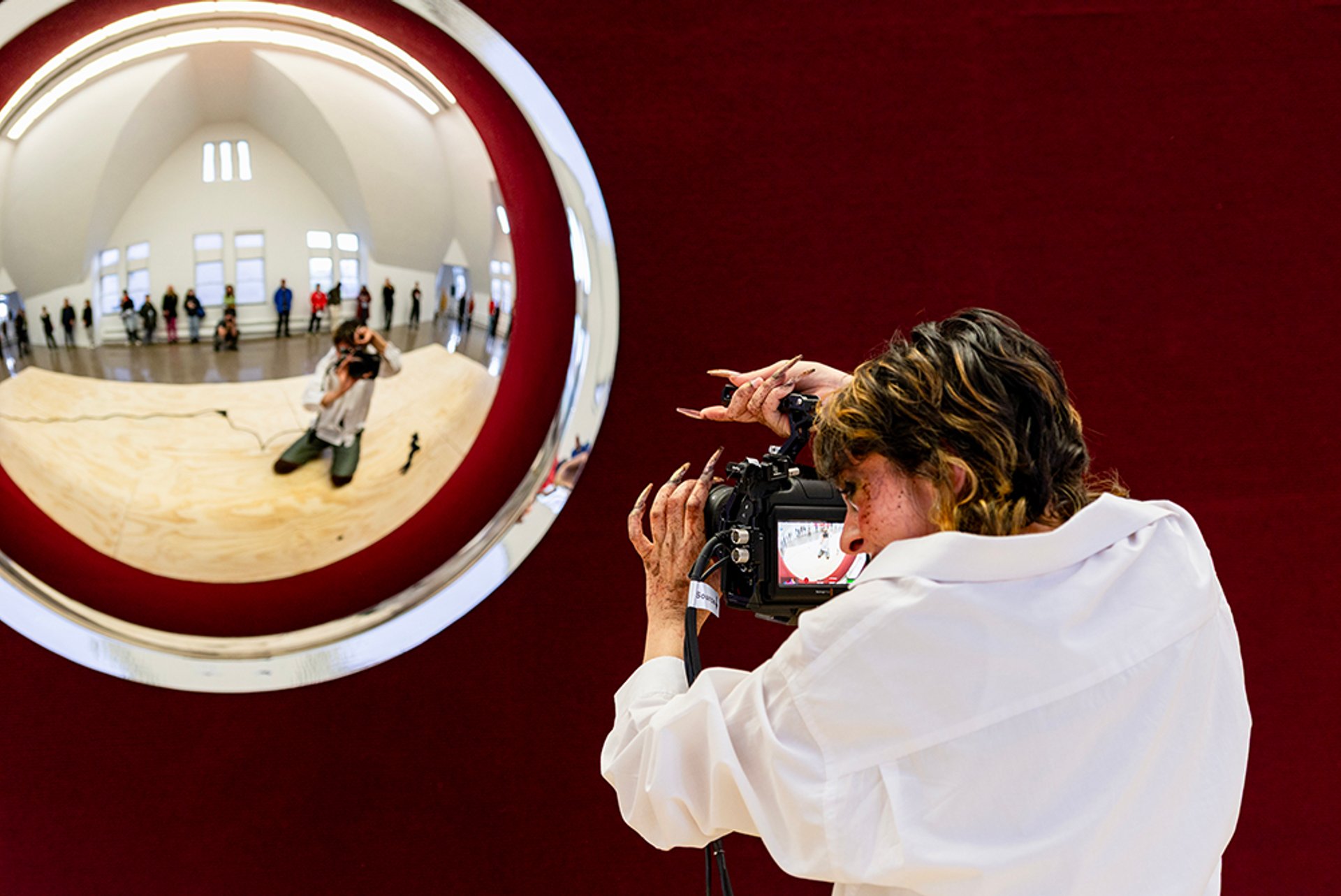
Performance of Dorota Gawęda and Eglė Kulbokaitė’s -lalia (2023) at the Renaissance Society, Chicago, May 2025 Photo: Ry Thiel, courtesy the Renaissance Society
Meanwhile, curators who have received grants for three years of programming or research projects hail from institutions like the Mattress Factory (in Pittsburgh), Acadiana Center for the Arts (Lafayette, Louisiana), Museo de Arte Contemporáneo de Puerto Rico (San Juan), CCA Wattis Institute for Contemporary Arts (San Francisco), Virginia Museum of Fine Arts (Richmond), Puʻuhonua Society (Honolulu) and the Renaissance Society (Chicago).
A research grant for Regina Bain at the Louis Armstrong House Museum in Queens, New York, will be used to explore the ongoing influence of the jazz musician’s 1956 trip to Accra on both the Black diaspora and Ghanaian artists. The project will culminate in concurrent exhibitions of newly commissioned works in New York and at the Nubuke Foundation in Accra.
While the political climate is very different this year than it was when the Teiger Foundation’s 2024 grantees were announced, “we aren’t changing what we fund”, Harris says, noting that applications have not shown signs of political influence. She does add, however, that “in multiple institutions, the political scrutiny is creating new stipulations”. In conversations with last year’s grantees, Harris has heard that “people are moving ahead, but there’s a ton of anxiety”. Much of this stems not only from recent attempts by US President Donald Trump and his administration to censor exhibitions, but also the massive cuts to the National Endowment for the Arts (NEA).
“Our grantees have lost between $20,000 and $85,000 in NEA funding,” Harris says, “so we had a special board meeting in April to see if we could set some funds aside to help.” The foundation was able to commit $500,000 to organisations that lost money and funding.


